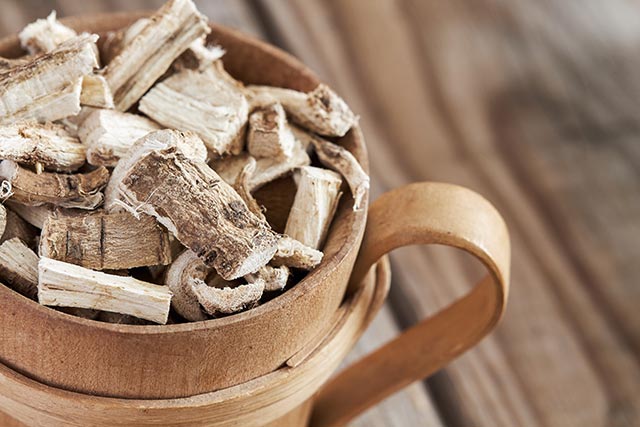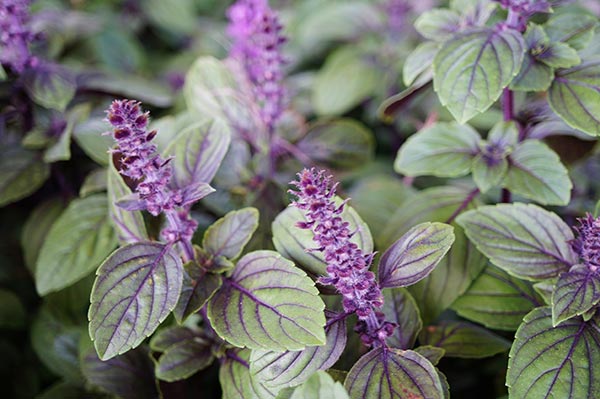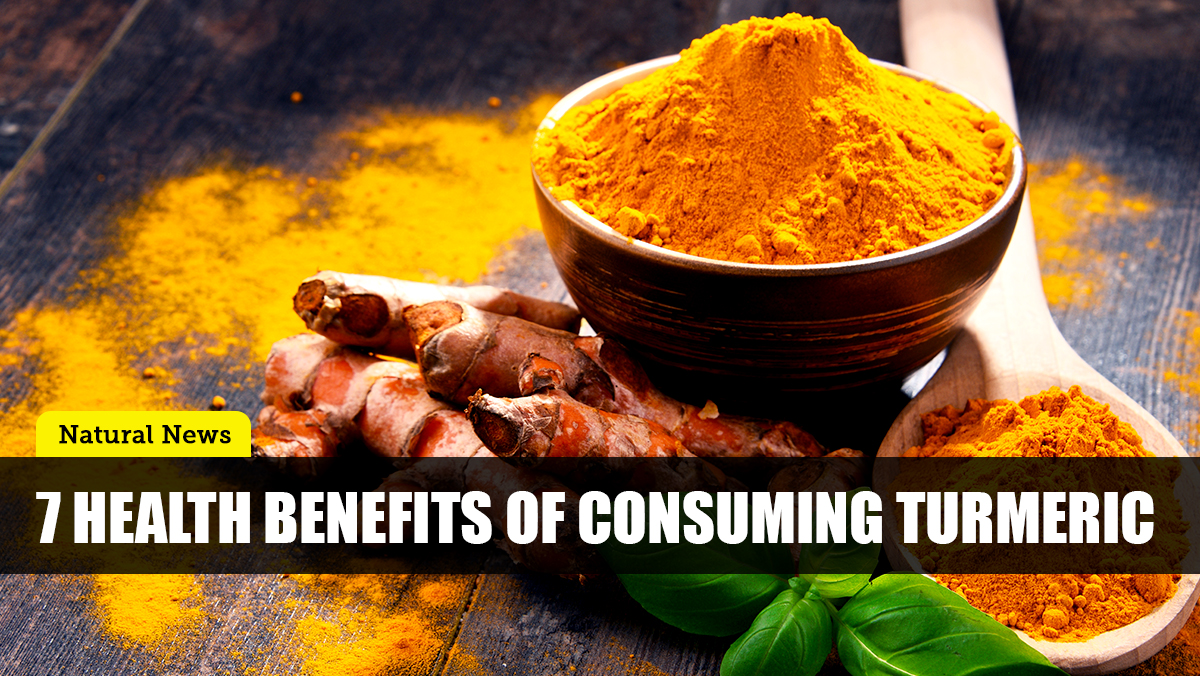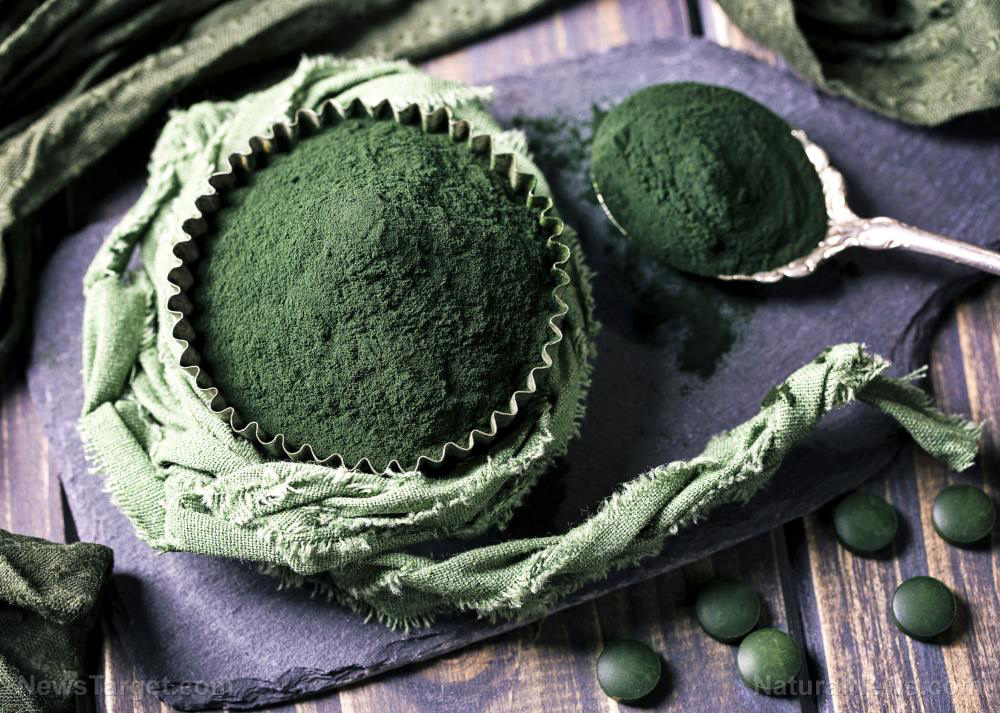Ginger and rosemary found to benefit the heart by maintaining healthy cholesterol levels
01/13/2018 / By Jhoanna Robinson

Ginger and rosemary can help a person’s heart and arterial health, according to a study published in the Journal of Traditional, Complementary and Alternative Medicines. The paper, titled Possible hypocholesterolemic effect of ginger and rosemary oil in rats, pointed that ginger and rosemary have cholesterol-reducing effects after in vivo trials in rats that were fed with a high-fat diet.
Hypercholesterolemia is the condition of having excessive amounts of cholesterol in the body. This, in turn, can lead to alterations in lipoprotein transport and metabolism. Moreover, having a high amount of cholesterol is a risk factor for atherosclerosis, which builds up plaque in the arteries. Cholesterol alters a body’s vascular structure and function by accumulating within the lining of the vascular wall, thereby disrupting endothelial action, causing lesions and occlusions.
The risk of incurring hypercholesterolemia also varies with age and gender. Genetics also comes into play. Familial hypercholesterolemia patients have inherited allelic mutations in the gene specifying the low-density lipoprotein receptor placed on the surface of the cell. Familial hypercholesterolemia increases the risk of premature ischemic heart disorders.
The monocotyledon ginger (Zingiber officinale) of the family Zingiberaceae is an addendum to a number of commercial foods and beverages. It is endemic in South East Asia and is known all around the world as a rich source of compounds – shagaols, paradol, terpenes, oleoresin, gingerol, zingerone – of phytomedicinal interest.
Ginger is known for its anti-arthritic, anti-inflammatory, hypolipidaemic, anti-nausea, and antimicrobial properties.
The study was done to measure the potential effect of ginger oil alone or combined with rosemary oil as a hypocholesterolemic agent in rats that were given a diet that was high in fats. (Related: Peppermint and Ginger Are Wonderful Healing Herbs For Self-Care)
The researchers found out that rosemary and ginger oils positively impacts rats with hypercholesterolemia, making the oils promising in the fight against cardiovascular diseases.
The heart and other spices that can contribute to its health
Cardiovascular disease is one of the most frequent causes of death in the United States. Over 611,000 individuals perish from heart disease annually, data from the Centers for Disease Control and Prevention showed. There are various types of heart disease, whose risk factors include a sedentary lifestyle, family history, diabetes, high cholesterol, smoking, high blood pressure, obesity, and excessive alcohol use.
Among the herbs, spices, and foods that can contribute to heart health are:
- Cardamom – It lowers blood pressure and is rich in antioxidants that can help eradicate free radicals that threaten to cause damage to the heart and other tissues in the body.
- Thyme – It has antimicrobial properties to help ensure that the body is safe from harmful bacteria and fungi.
- Garlic – In a 2006 study, the American Society for Nutrition stated that ingesting garlic is good for the heart as it can lessen bad cholesterol and hypertension levels and increase platelet aggregation. For best results, eat one or two cloves of crushed garlic each day or ask your physician for proper dosage of garlic supplements to fit your condition.
- Fenugreek seeds – They bring about powerful cardiovascular benefits due to their high content of antioxidants. Fenugreek seeds also aid in declogging arteries, regulating blood pressure, lowering cholesterol levels, and preventing the incidences of heart attacks. They also protect against obesity by lowering blood sugar levels. For best results, eat fenugreek seeds on an empty stomach every day.
- Rosemary – Rosemary is good for the immune system and the brain. As such, the heart is strengthened because it is the immune system’s response to fight short-term threats, such as the flu or a cold, and long-term threats to health, such as a heart attack. Rosemary is also good for the circulatory system.
- Green tea – It is loaded with healthy antioxidants and flavonoids that can boost heart health by improving the health of the lining of your heart and blood vessels while decreasing triglyceride and cholesterol levels, according to a study that was published in the European Journal of Cardiovascular Prevention and Rehabilitation in 2008. The study added that one could reduce the risk of dying via heart attack or stroke by 26 percent by drinking as much as five cups of green tea each day.
For more stories about herbs with medicinal health benefits, visit Herbs.news.
Sources include:
Tagged Under: botanicals, cardiovascular diseases, cholesterol, ginger, healing herbs, Heart, heart disease, hypercholesterolemia, medicinal herbs, Rosemary
RECENT NEWS & ARTICLES
COPYRIGHT © 2017 PHYTONUTRIENTS NEWS




















